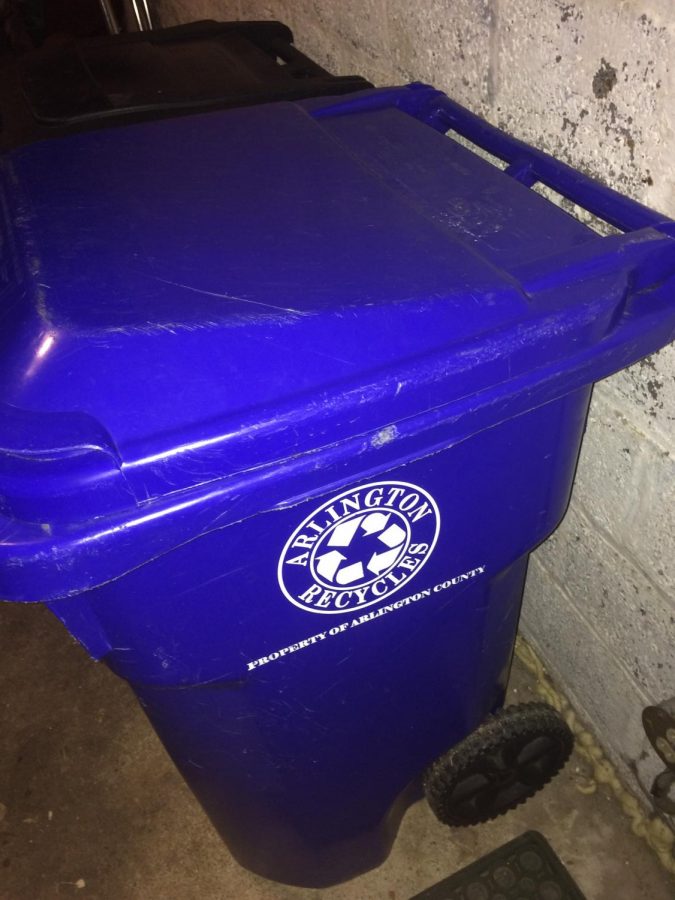A prodigious pollution problem
It has been said time and time again that pollution is hurting the sea creatures and the environment. That, however is not the extent of what pollution is doing to Earth according to the United Nations Environment committee.
According to the United Nations, pollution is increasing the amounts of droughts, floods, and even forest fires, but the environment is not the only thing pollution is affecting. According to The World Counts, a website that tracks what pollution does to the Earth, and how it affects humans, pollution increases the risks of asthma, respiratory inflammation, and even cancer.
One cause of these problems is air pollution, especially from vehicles and factories, and plastic. Plastic is taking up a huge portion of the world (The World Counts, National Geographic), especially in the Pacific Ocean. Not just in the big chunks it is produced in, but it breaks down into “plastic soup” and gets into animals’ food and stomachs. Every animal, from bird to fish can be found with tiny pieces of plastic in their stomach (National Geographic, Discovery Channel).
The no straw movement is growing and people are very serious about it, although one of the biggest plastic problems is plastic bags, not straws. People do not need a Starbucks iced coffee, but they do need to go shopping, whether it be for groceries, clothes, or office supplies, and plastic bags are everywhere. It is much easier for a plastic bag to be blown into the ocean and sink or be picked up by a seagull.
As the global population rapidly nears 8 billion people, pollution increases even more rapidly. More people use more plastic and more cars. More people require production from factories, and public transit options. According to The World Counts, humans have produced more tons of trash than they have produced babies.
The government tracks the amount of pollution their buildings put out at ECHO (Enforcement and Compliance History Online). Government owned buildings in Arlington tend to be very compliant with the government’s rules, except for a CVS with 6 non
As the environment continues to decline, governments begin to work together to help the earth and reduce amounts of pollution. A few of the countries in the United Nations signed the Paris Agreement in 2016, in which they each set a goal to cut down pollution and the rate at which global temperature is increasing.
However, the school is also helping. Environmental studies teacher, Ms. Lea Bohn, is sponsoring both of the environmental clubs at W-L. While both are new, they are looking forward to working on some projects in the future.
The Environmental Conservation and Awareness Club meets on Mondays, and the Do More Club meets on Tuesdays. Both are welcome to new members.











